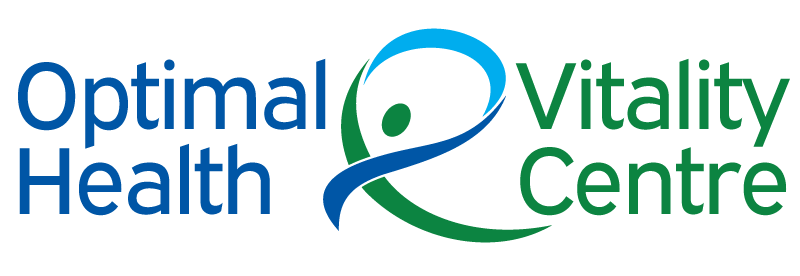Functional Medicine Testing
 Functional Medicine is the field of medicine, which involves the use of specialised laboratory tests not available in New Zealand.
Functional Medicine is the field of medicine, which involves the use of specialised laboratory tests not available in New Zealand.
Functional Medicine tests can be particularly useful especially when health problems have been unresolved for a long period of time. The information gained can be invaluable.
The most common tests include Hair Analysis – for mineral and heavy metal toxicity; Food Allergy Profile, Adrenal Salivary Cortisol (stress profile) and DHEA testing.
HAIR TISSUE ANALYSIS
A hair analysis is an accurate, non-invasive method of determining your body’s level of essential mineral elements as well as toxic burden. It is mainly used in cases where chemical or metal poisoning may be involved. It is particularly useful for people with chronic exposure to pollutants, or who work with chemicals or metals e.g. Printing industry, painting, agricultural sprays and in the timber industry where the wood has been treated. The analysis will determine the level of nutrients in your body, e.g. Calcium, magnesium, copper, and zinc etc. It will also identify the level of toxins present in your body, e.g. mercury, arsenic, cadmium, aluminium, lead and more.
JAMA 1971;215(3):384-385 (Journal of the American Medical Association)
Trace element levels in hair accurately reflect community exposure to heavy metals such as arsenic; cadmium, and lead. Post mortem studies also show a close correlation between levels of hair and bone lead. Hair is a convenient method of analysis, and exhibits powerful potential for gauging exposure to environmental pollutants.
FOOD ALLERGY PROFILE
ELISA Testing has the ability to measure, from small blood samples, our immune response to over 100 foods. The actual levels of IgE and IgG antibodies against these individual allergens can be precisely measured. The blood samples are sent to a laboratory in the United States for analysis. The “Standard” test comprises 96 foods and 7 categories. There is also a Vegetarian food allergy test available. If necessary, the selected test can be expanded to include herbs and spices. Results take 2 to 3 weeks, and include a rotation diet plan. This helps to reduce the likelihood of developing further sensitivities in the future.
ADRENAL SALIVARY STRESS PROFILE
The salivary assay evaluates bioactive levels of the body’s important stress hormones, cortisol and DHEA. This profile serves as a critical tool for uncovering biochemical imbalances underlying anxiety, depression, chronic fatigue, obesity, dysglycaemia and a host of other clinical conditions.
